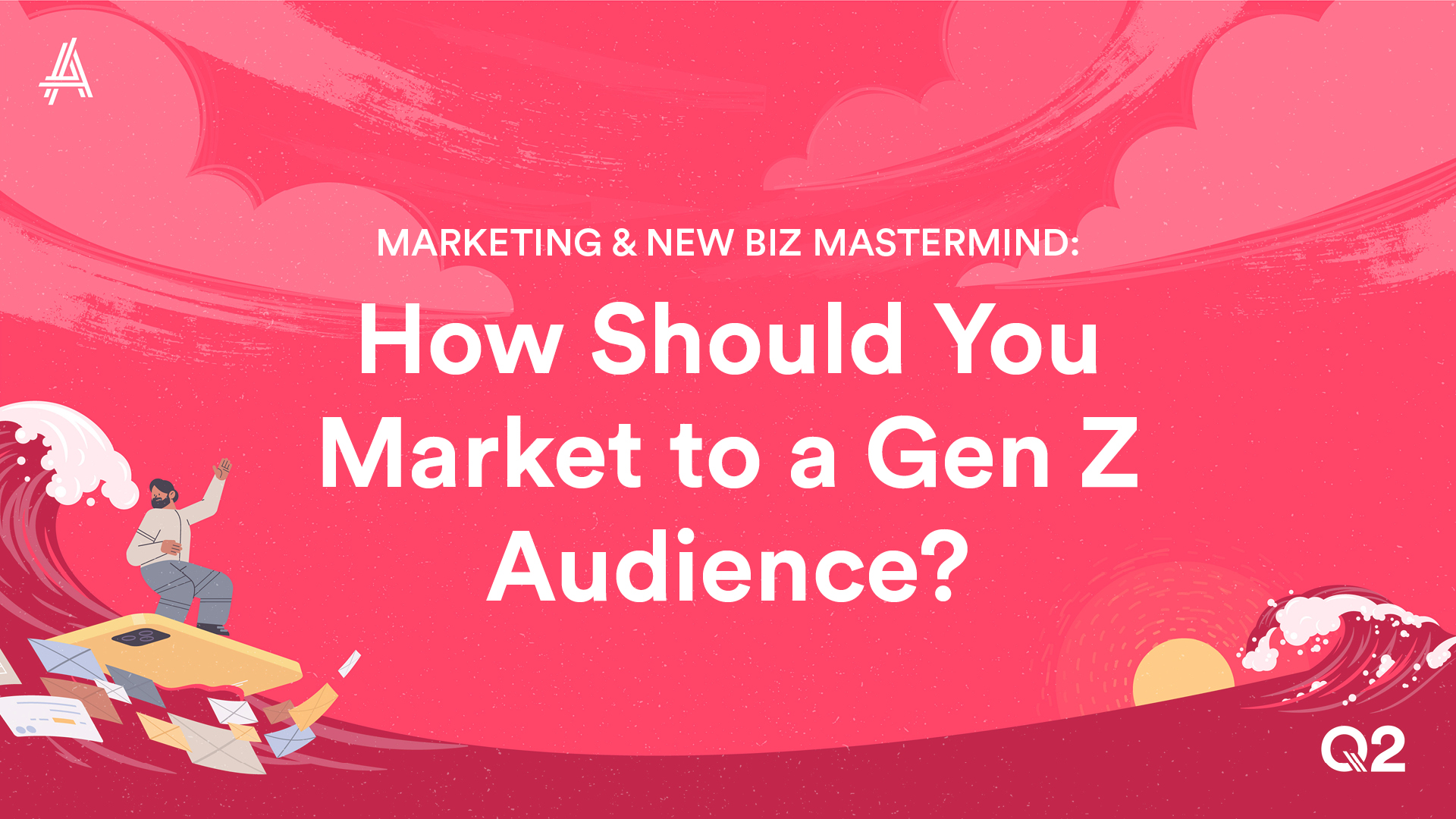
• There are a lot of preconceptions about a Gen Z audience.
• So when it comes to marketing to them, how can you do this in a way that is authentic and actually works?
• We’ll be talking to Rupert Rixon from Perspective Pictures, and Amy Clamp from Beatfreeks, about tackling the Gen Z ‘conundrum’.

For many agencies, Gen Z is still a bit of an enigma.
But while the gaps between generations shift, should you be actively focusing on marketing your clients specifically to the Gen Z audience – or instead refocusing your idea of them?
“When we use terms like a millennial or Gen Z, they’re spread across 10-15 years and millions of people,” says Rupert Rixon, founder of Perspective Pictures.
“For example, while Gen Z is obviously one of the more predominant consumers on a platform like TikTok, there’s much more in common between a 35-year-old and 16-year-old who both love fishing, for example, when it comes to the content they’re consuming.”
As demographics change, it can be tricky to work out how to market to the right people in the right ways. For Amy Clamp, commercial director at Beatfreeks, it’s not always as simple as pitching an idea or campaign specifically for Gen Z.
“Gen Z are not one homogenous group; they don’t all have the same ideas about how the world should be,” says Amy. “We can make sweeping generalisations about generations, but ultimately, the kinds of young people you want to reach are going to have their own specific ideas.”
“It’s identifying who within that generation you want and need to speak to, and then building out opportunities to be able to co-design that approach with them.”
For Rupert, grouping a whole generation together feels like a lazy marketing move.
“Trying to target an entire age demographic can come across as a bit out of touch because there’s a massive degree of diversity within these groups,” he says.
“When you do see campaigns that are obviously targeted at ‘just Gen Z’, they come off as vaguely patronising. People have become more and more understanding and accustomed to the media. I think these audiences are very aware of when they’re being grouped together and spoken to in a certain way.”
So, how can you make sure you’re hitting that Gen Z demographic without alienating them in the process? Should you be focusing on specific platforms and trends?
Or should you be instead focusing on the interests and issues that strongly resonate with them?
We’ll be talking to Amy and Rupert about how best to market – or not to market – to a Gen Z audience, and how you can make it as authentic as possible.